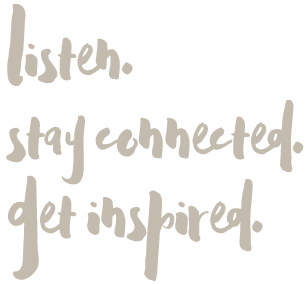How can you ensure you don’t miss out on the best experiences each stage of your life has to offer?
Bill Perkins’ “Die with Zero” presents a profound shift in perspective – it’s a manifesto for living, not just existing.
It opened up my eyes to a new way of thinking. Let’s get into it!
Our lives are a series of transactions, not just in the monetary sense but in experiences.
We trade time, our most valuable asset, for moments.
Perkins asks us to consider: Are we investing this time or merely spending it?
Time, unlike money, is a finite game.
You can’t earn more.
The question then becomes, ‘How do we play this game with the aim of maximizing experiences rather than accumulating points in the form of dollars?’
There’s a delicate balance between health and wealth.
‘Once you’re in the habit of working for money to live, the thrill of making money exceeds the thrill of actually living.’
It’s an interplay between being able to do and being able to afford.
The goal?
Align these two as closely as possible.
It’s not about reckless living but about thoughtful, intentional experiencing.
Perkins reframes inheritance.
Instead of focusing on what we leave behind in a bank, he emphasizes what we leave in memories.
It’s not about the wealth we accumulate but about the richness of shared experiences.
“The sad truth is that too many people delay gratification for too long, or indefinitely. They put off what they want to do until it’s too late, saving money for experiences they will never enjoy.”
Imagine yourself in the future, looking back.
What will you wish you had done more of?
This isn’t about bucket lists; it’s about understanding that every day, we write a page of our story.
“When the end is near, we suddenly start thinking, What the hell am I doing? Why did I wait this long? Until then, most of us go through life as if we had all the time in the world.”
What story are you writing?
All of our chapters end in the same way.
We die.
The ‘Die with Zero’ philosophy isn’t about extravagance.
It’s about intention.
It’s a mindset that asks us to make conscious choices about how we allocate our most precious resource – time.
“Time buckets” encourage us to live intentionally.
Instead of drifting through life on autopilot, we’re invited to make conscious choices about how we spend our time in each season.
In the end, the measure of our lives might just be how well we used our time to create moments of meaning, connection, and joy.
Something to reflect on:
What if our greatest metric for success isn’t our bank balance at life’s end but the wealth of experiences we’ve accumulated?
How this changed my life
“Money have no value to you when you’re dead. When I say that we die many deaths in the course of our lives: The teenager in you dies, the college student in you dies, the single unattached you dies, the version of you that’s a parent of an infant dies, and so on. Once each of these mini-deaths occurs, and there’s no going back.”
Give money to your children or to charity when it has the most impact.
If the peak utility of money (the time when it can bring optimal usefulness or enjoyment) occurs at age 30, then at age 30 every dollar buys you one dollar’s worth of enjoyment.
By age 50 or 60 (when most get their inheritance), the utility of money has declined considerably.
“If you’ve got any money left in your bank account by the time you die, you’ve done something wrong.”
That’s the core controversial message of this book and I love it.
The three factors that most affect your ability to enjoy your life energy: health, free time, and money.
“In the end, the business of life is the acquisition of memories.”
It’s about ensuring that when the clock stops, we’ve lived not just a long life, but a full one.

0 Comments